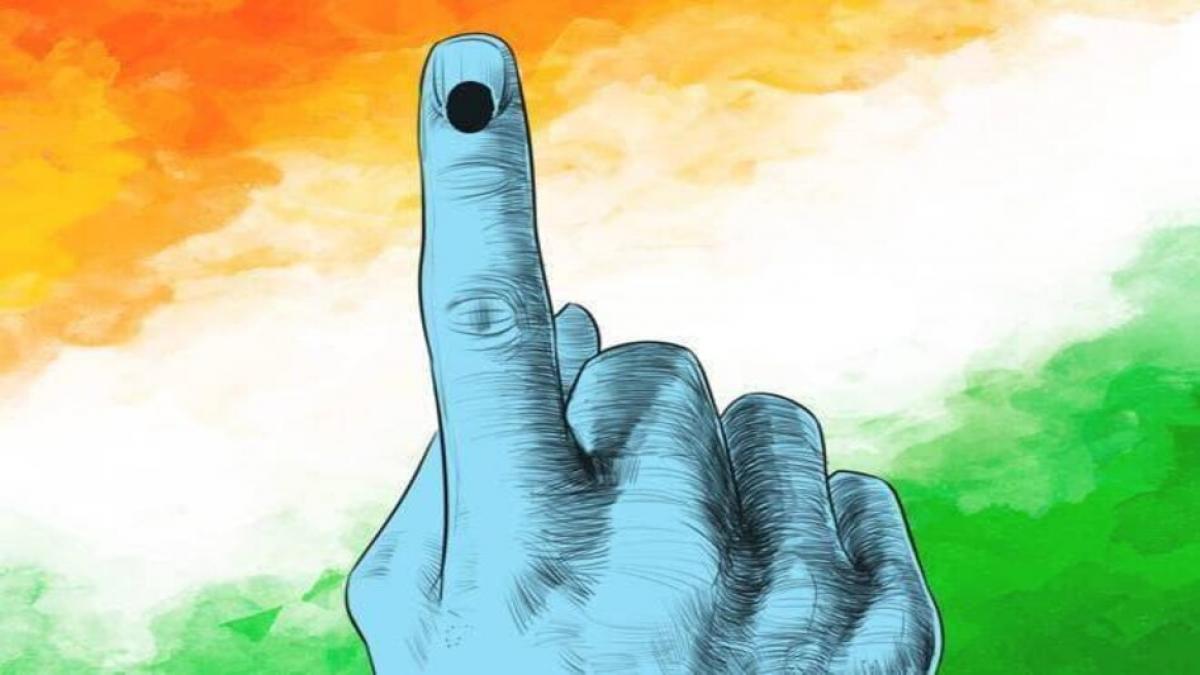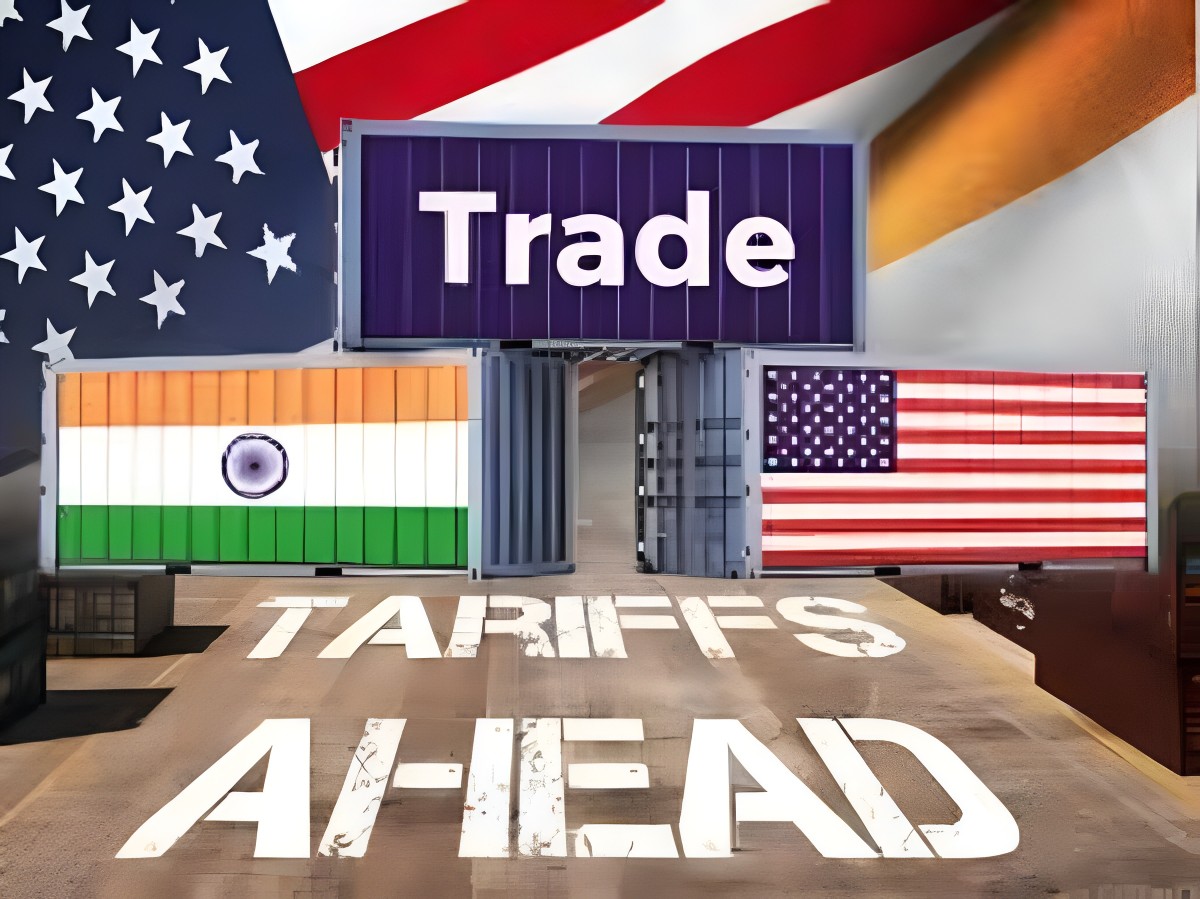Introduction
In September 2025, Congress leader Rahul Gandhi shook Indian politics by accusing the Election Commission of India (ECI) of facilitating large-scale “vote theft” across several states. His allegations ignited a nationwide debate, as citizens and political leaders raised concerns about the fairness of elections, the ECI’s independence, and the overall health of India’s democratic institutions.
Rahul Gandhi Accusations: A “Hydrogen Bomb” of Electoral Fraud
During a press conference on September 18, 2025, Rahul Gandhi described the revelations as a “hydrogen bomb” and claimed he had 100% proof that officials had deliberately deleted voter names in constituencies where the opposition, especially the Congress party, holds strong support.
Some of his main accusations include:
1. Massive Voter Deletions
- In Karnataka’s Aland Assembly constituency, Rahul alleged 6,018 voter names were mysteriously removed, many through questionable online processes.
- In Mahadevapura (Bengaluru), he claimed over 100,000 voters were removed using dubious practices like:
- Fake/duplicate addresses
- One phone number being linked to hundreds of deletions
- Voter deletions done at odd hours like 4:07 AM
- Use of the same OTP across multiple deletion forms
2. Use of Technology to Manipulate Rolls
- He alleged that mobile apps and OTP-based systems were being misused to remove legitimate voters.
- In some cases, bulk deletions happened using the same IP address or mobile number, raising questions of systemic manipulation.
3. Voter List Tampering Across States
- Gandhi claimed such incidents are not limited to Karnataka, but also reported in Maharashtra, Haryana, Uttar Pradesh, and other states.
- In Maharashtra, he said, the number of voters added or removed in 5 months was more than what’s seen in 5 years, indicating unnatural trends.
4. Targeted Deletions in Congress-leaning Areas
- He emphasized that most deletions occurred in areas with strong Congress support, suggesting politically motivated cleansing of voter lists.
Also Read : Nitin Gadkari Major Warning After Operation Sindoor: ‘World War III Could Erupt Anytime
Election Commission’s Response: Strong Denial and Demand for Proof
In response to these explosive charges, the Election Commission of India issued a detailed rebuttal:
1. “Baseless and Incorrect”
- The ECI dismissed the accusations as factually wrong, misleading, and without evidence.
- It clarified that online deletion of voter names is not possible, and the entire process is regulated and monitored.
2. Demand for Affidavit or Apology
- The Commission gave Rahul Gandhi 7 days to submit a sworn affidavit with verifiable proof or issue a public apology.
- Failing to do so, it warned, the matter would be considered closed and baseless.
3. Defending Electoral Integrity
- The ECI condemned the use of terms like “vote chori” (vote theft), calling it disrespectful to millions of voters and honest election officials.
- It emphasized the principle of “One Person, One Vote” and affirmed that all voter list changes are made after following due process, including notice and hearing opportunities.
Public & Political Reactions
Rahul Gandhi’s accusations have led to a political storm:
- Opposition parties, especially from the INDIA bloc, have backed the demand for an independent investigation.
- BJP leaders have dismissed the allegations as a desperate stunt, accusing Rahul Gandhi of trying to pre-emptively discredit the 2026 general elections.
- Civil society groups and election experts remain divided—some call for transparency and a forensic audit, while others view the claims as politically motivated posturing.
Key Questions Raise
This controversy raises several serious concerns:
1. How secure is India’s voter data?
- Are voter databases being misused or manipulated?
- How secure are the OTP and mobile-based systems used in online registration?
2. Who audits deletions and additions to voter lists?
- Is there third-party, independent oversight?
- Do voters get notified in time when their name is removed?
3. Could these patterns affect election outcomes?
- Even a small percentage of voter suppression could tip close contests.
- In India’s vast electorate, even 1% deletion means millions of lost votes.
Also Read: GST 2.0 Explained: What Changes from September 22, 2025?
Conclusion: A Democratic Crossroads
Rahul Gandhi’s “vote chori” claims—whether proven true or false—have reignited the national debate over electoral integrity, transparency, and the credibility of institutions like the Election Commission.
If his claims hold true, they threaten the very foundation of democracy by undermining the right to vote.
If the claims prove false, they expose a dangerous politicization of democratic processes that could erode public trust for short-term political gains.
In either case, the country must seek answers through proof, transparency, and independent oversight.
Suggested Actions Going Forward
- Launch an Independent Investigation: The Supreme Court or a neutral constitutional authority should oversee a transparent probe into the allegations.
- Run Public Voter Verification Campaigns: Election authorities must enable voters to easily verify and restore their entries in the electoral rolls.
- Implement Digital Audit Trails: Authorities should publish anonymized logs of voter list changes to help experts and the public detect misuse patterns.
- Enforce Stronger Penalties for Tampering: Lawmakers must classify voter list tampering as a serious electoral offence and impose stricter punishments to deter violations.
Final Thought
The world admires India’s democracy for the scale and complexity of its elections. But the nation must now match that admiration with a robust, verifiable, and fair electoral process that leaves no room for doubt. The 2025 “vote theft” controversy calls for deeper reforms—not just to safeguard votes, but to defend democracy itself.











